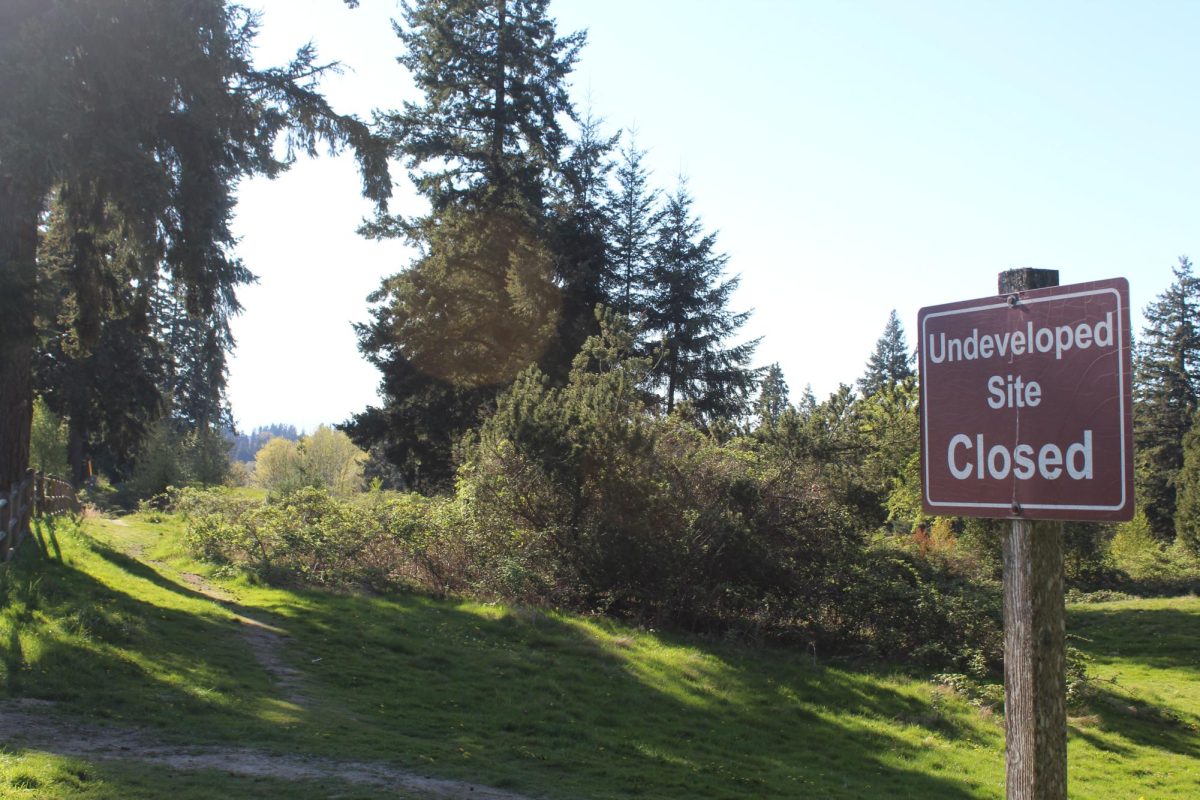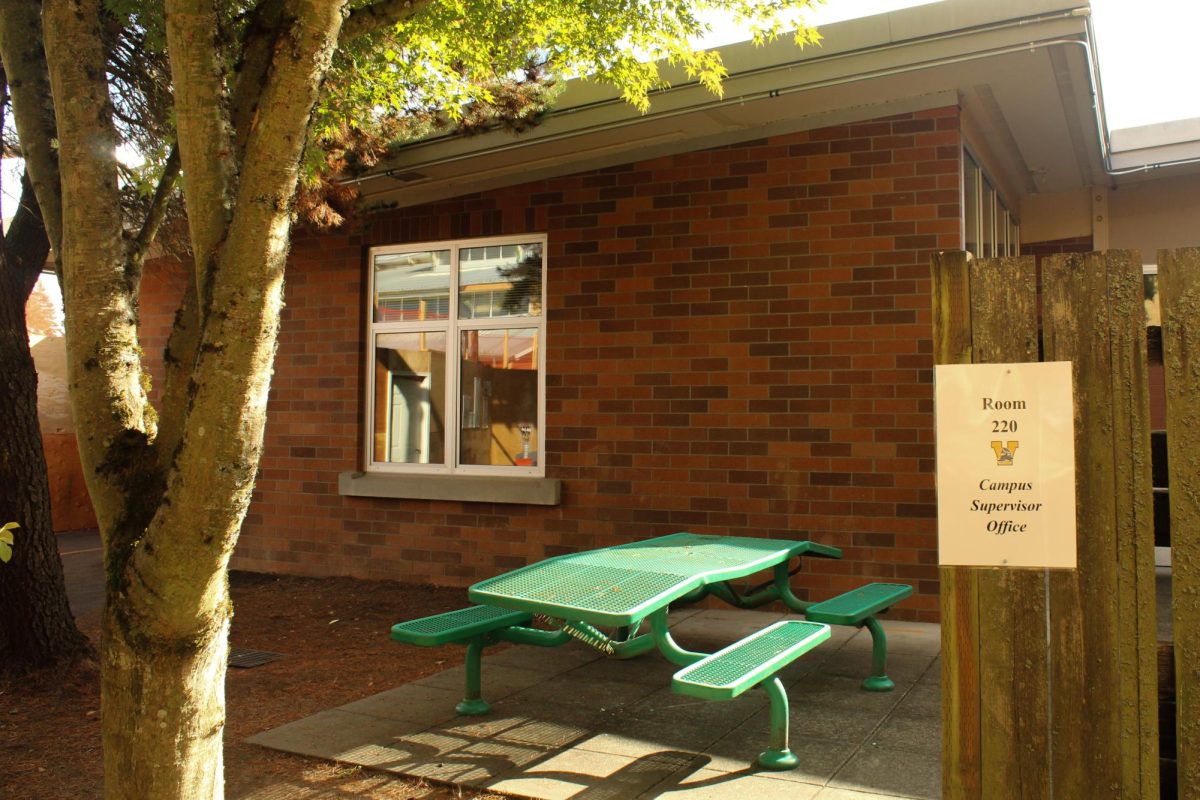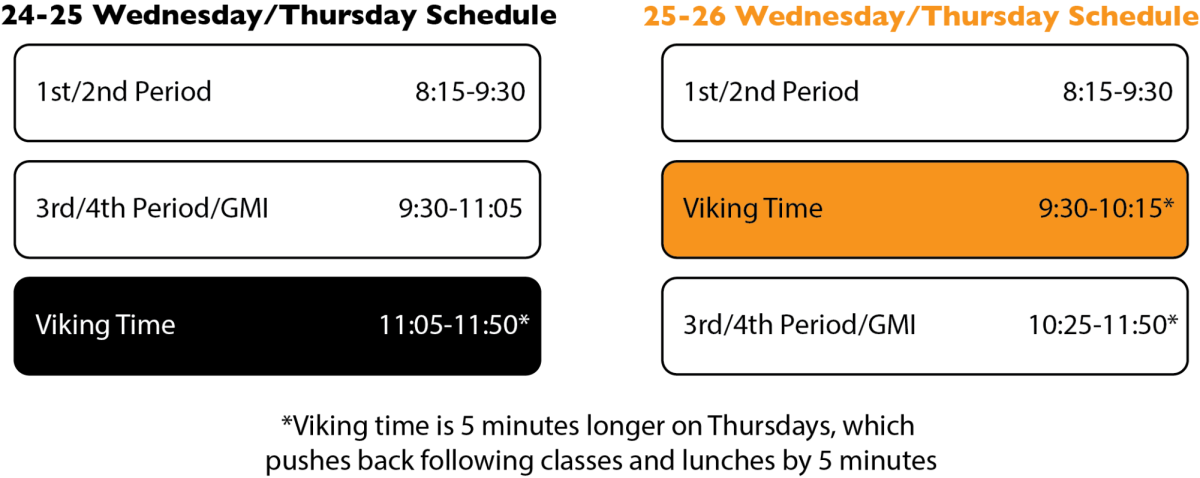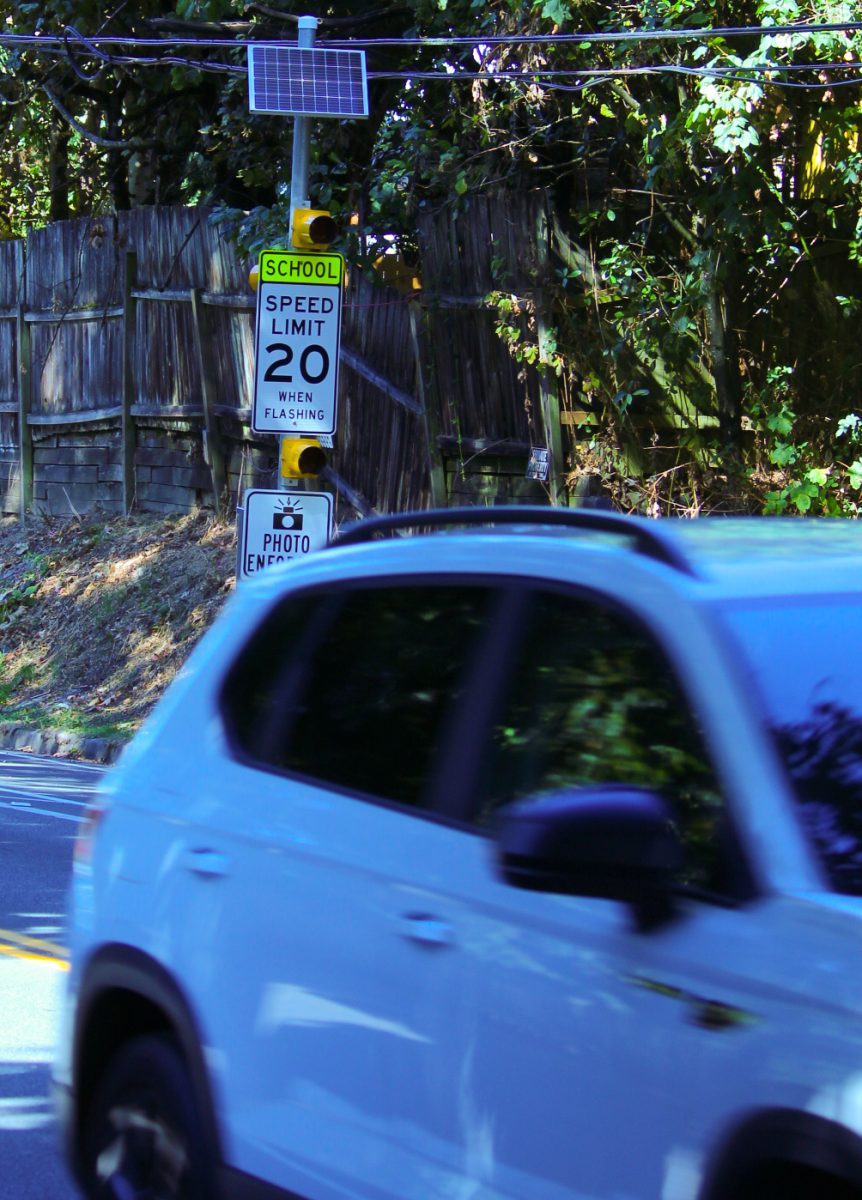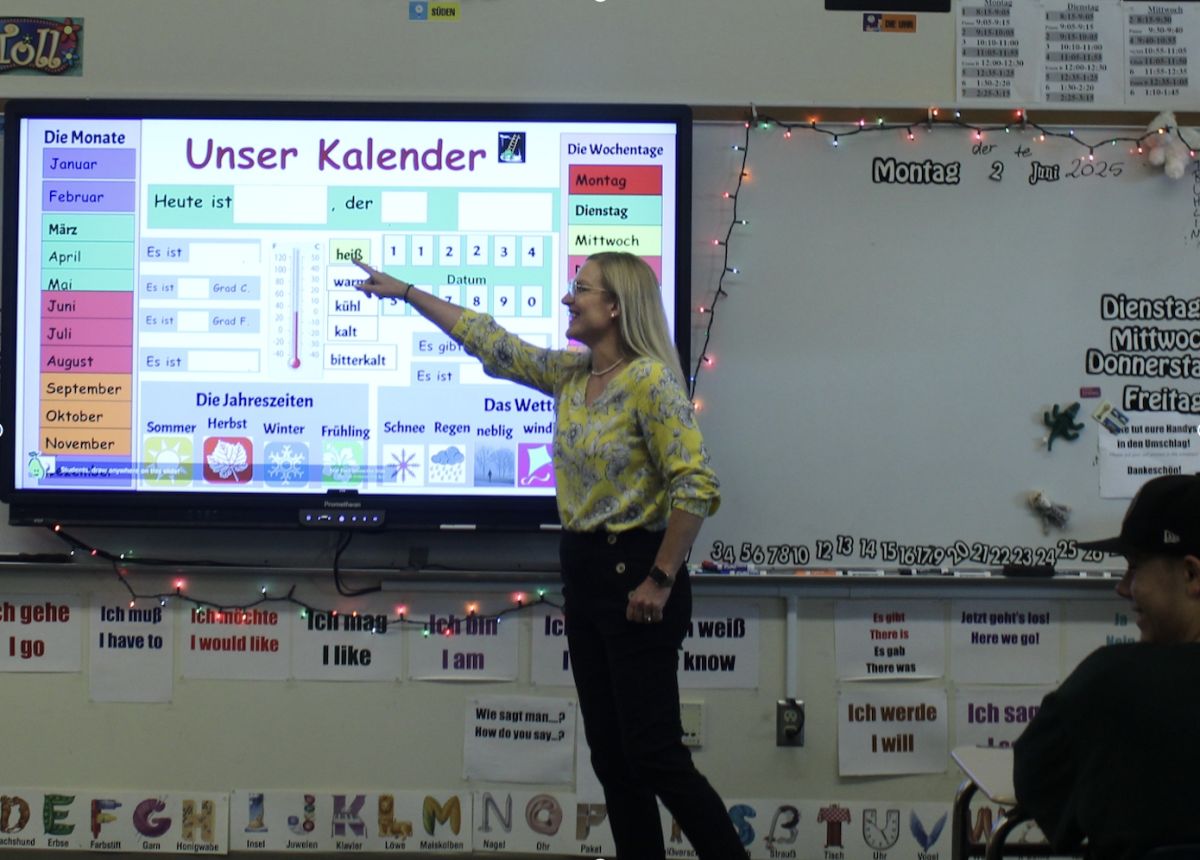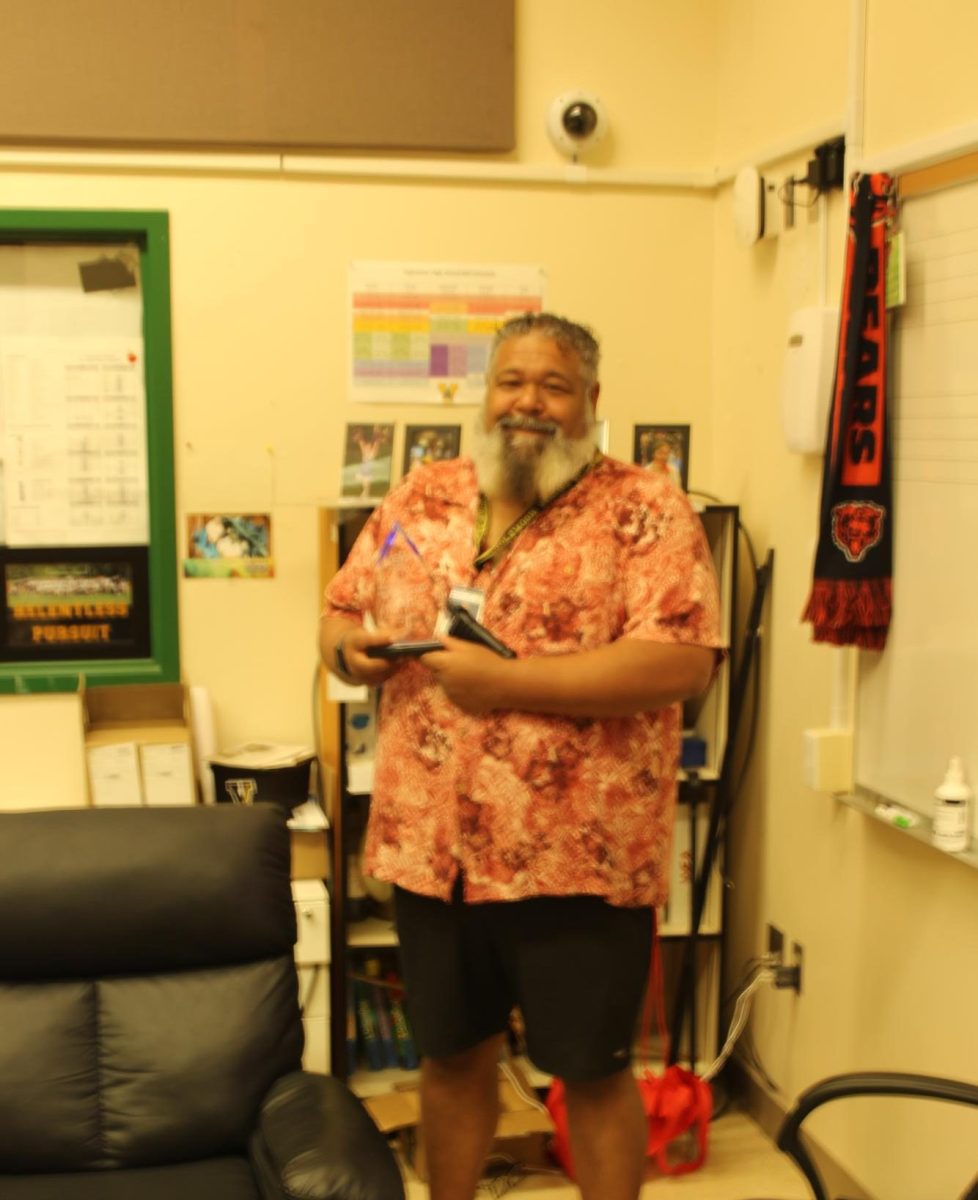Northshore School District purchased a 104-acre property for 11.2 million dollars in 2015 called Wellington Hills Park as a potential site for future schools. The property was previously a golf course just North of Woodinville on 240th St SE and was bought from Snohomish County.
“We have a longstanding policy where — because of the historical and projected population growth in our area — we always have an eye out for parcels of land that would be large enough to fit a future school,” said Amy Cast (she/her), president of the Northshore School Board and liaison to the city of Woodinville.
The predicted population growth in Snohomish County led Northshore to purchase the land as soon as it became available. Since 2010 the county has grown by an average of 1.3% per year, according to Snohomish County’s Growth Monitoring Report.
Wellington Hills Park is currently outside of Snohomish County’s urban growth boundary, meaning it can’t be developed. However, Cast said that Snohomish County is actively holding meetings to move the urban growth boundary so that the property could be developed.
Under the Washington Growth Management Act, counties manage population growth by designating land as either urban growth areas that can be developed, or as natural resource lands that can’t be developed. The act aims to reduce urban sprawl which is an uncontrolled population growth that may pose a threat to the environment, sustainable development and quality of life in an area.
“Land costs within the urban growth boundary are much higher than outside, and because we’re not a multinational corporation — we’re a school district — we don’t have all that much money to purchase land,” Cast said. “We can best afford it as a government agency, outside the urban growth boundary, but we need to find a parcel that’s close to it so that the county will work with us to put a school in that location.”
Before selling the property to Northshore, Snohomish County had planned to use the land as a publicly-owned park space with trails, playgrounds, natural areas, sports fields, off-leash areas, and outdoor mountain biking trails.
However after plans to sell the property to Northshore became apparent, the city of Woodinville filed a lawsuit against Snohomish County about the secrecy surrounding the negotiations and development of an area outside the urban growth boundary in 2013. Soon after the Neighbors to Save Wellington Park filed a lawsuit to argue that state laws require public notice, public hearings and environmental review before publicly owned lands can be sold.
Assistant to the City Manager of Woodinville, Kevin O’Neill (he/him) said that there was some interest from the community to ensure that the property was not developed. He said that the city became involved and looked into purchasing the property to make it a park.
“It’s hard for me looking back that long to to put words to what the city council’s position was but I think it’s evident that if you look at the city’s lawsuit and what the city was looking at, that they were not necessarily anti-development, but they were anti-development on that property. That it was not a right fit for development,” O’Neill said.
O’Neill said that because every two years there is an election for the city council, how the city views particular items often changes. He said that after Northshore purchased the property, the City of Woodinville became uninvolved.
“The city and the school district are obviously two government organizations and operate in our own lane. So there’s not much say we get in something like building a new school,” O’Neil said.
In order to build a new school in the location, not only will the urban growth boundary have to move but more families must come to the area. Only then would Northshore propose a ballot measure to build a new school on the property, Cast said.
“It would be something totally up to the community’s decision to build on that property. We would only ask for that support and that investment after the population started moving,” Cast said.
Cast said that based on past school construction, she expects that Northshore would get permission to build a school on the property.
Funding to purchase the property came primarily from the Snohomish community in a vote to support the purchase. Other sources included the School Construction Assistance Program and Impact Fees which require the construction of new homes in a county to pay a fee to counteract the impact of new homes on a school’s population.
“As an example, we’ve gotten several million dollars over the last couple of years from new housing construction throughout the district,” Cast said. “That pool of money, by law, can only be used to add a new school, school rooms like an addition, or a new campus that helps with the new student population.”
Cast said that although what type of school would be built is unknown and there is no set timeline for the construction of a school on the property, she predicts it will be several years. She said that until construction, Northshore did agree to allow public access to the property. The park is a popular location among dog walkers.
“We’ve been pretty lucky; we have a great community that just kind of values beautiful spaces like that,” Cast said.



